 Many people are not aware the complex structure that sits in what is vaguely known as “the music industry”. For many people, what is seen through the media is the musician, artist or songwriter (albeit not as often), and sometimes a mild mention of the music label here, a record producer there, and sometimes the supporting musicians of a certain album. But actually, a clockwork between songwriters, publishers, record producers, music labels, distribution channels, artists, and countless other people and bodies are involved in an intricate (and often confusing) dance. So, what happens if that clockwork breaks down?
Many people are not aware the complex structure that sits in what is vaguely known as “the music industry”. For many people, what is seen through the media is the musician, artist or songwriter (albeit not as often), and sometimes a mild mention of the music label here, a record producer there, and sometimes the supporting musicians of a certain album. But actually, a clockwork between songwriters, publishers, record producers, music labels, distribution channels, artists, and countless other people and bodies are involved in an intricate (and often confusing) dance. So, what happens if that clockwork breaks down?
Yet again it was somehow much simpler in the pre-digital days of music, and even that balance was struck after years of haggling, negotiation, and corporate maneuvering. The publishers represent the songwriters for anything to do with duplication (duplication of the song to any medium, of which they get ‘mechanical’ royalties), and synchronization (the use of a song in sync with any sort of other media, i.e. TV commercials) and make sure the songwriters get a good deal.
The record labels basically invest in making albums and building artists, and take the lion’s share of profits from album sales. The distributor – the CD store and any go-betweens – make money from distributing the music products, and public performance collecting societies, usually representing the songwriter also, collect royalties from any company or body that uses songs for public performance, i.e. for TV broadcast, radio, karaoke, hotels, restaurants; anything where the establishment using the music gets an indirect benefit (more viewers, more customers, etc). Things more or less stayed in balance and any issue was discussed between the industry-level associations.
Confusion – and lawsuits – started to take place in the early 2000s, when Indonesia was starting its ringtone business. Companies selling ringtones of popular songs found a goldmine, and kept on selling until lawsuits came from collecting societies and the publishers, as technically a ringtone is a partial song. The publishers argued that a ringtone sale has to pay a mechanical royalty, as there is duplication of the song (in the form of a ringtone file). The collecting societies said that since a ringtone is played on a phone so that anyone can hear, it constitutes a public performance. Lawsuits were won, settlements were paid and content providers started paying upfront royalties to both publishers and collecting societies.
The entrance of the music labels into the digital music realm was equally dramatic – the master tone/true tone (snippets of the real song) was becoming popular, so the music labels made sure content providers either worked with them or faced litigation. The music labels also directly engaged with the telcos to support the new ringback tone services, which also use snippets from the original sound recording.
Negotiations between the publishers and the labels took place to decide on royalty rates for products such as ringback tones (and other digital music products), which literally took years, as the whole world was trying to figure it out, but it was agreed that business should continue.
Then, out of nowhere, a collecting society basically sued the telcos for not paying public performance royalties, which forced telcos to remove international content from their ringback tone services, and requiring the music labels to have clearance letters signed by the composer for each song.
I’ve written often about the fall of the premium SMS industry and how it impacted the digital music industry, so I won’t revisit that. What’s interesting is, how similar circumstances have caused Indonesia to be excluded from the recent opening of iTunes stores in Asia.
The last-minute cancellation had to do with a disagreement or reversal on agreement of royalty rates between the music labels, publishers and collecting societies from sales of songs on iTunes in Indonesia. So, a potentially lucrative market sits idly while industry stakeholders can’t agree on how much money should be divided between them.
It’s not a bad or good thing, it’s just business – everyone is here to make money. Negotiations are purposely drawn out and difficult, as everybody needs to make sure the result benefits everybody involved. But a last minute reversal – for the negotiators, where does the company end and the person’s ego start? How does an all-or-nothing attitude benefit anyone?
And to top things off, while the industry clockwork is busy negotiating and sending lawsuits, music listeners have simply moved on to find their music elsewhere, legal or illegal.
 Ario is a co-founder of Ohd.io, an Indonesian music streaming service. He worked in the digital music industry in Indonesia from 2003 to 2010, and recently worked in the movie and TV industry in Vietnam. Keep up with him on Twitter at @barijoe or his blog on http://barijoe.wordpress.com.
Ario is a co-founder of Ohd.io, an Indonesian music streaming service. He worked in the digital music industry in Indonesia from 2003 to 2010, and recently worked in the movie and TV industry in Vietnam. Keep up with him on Twitter at @barijoe or his blog on http://barijoe.wordpress.com.


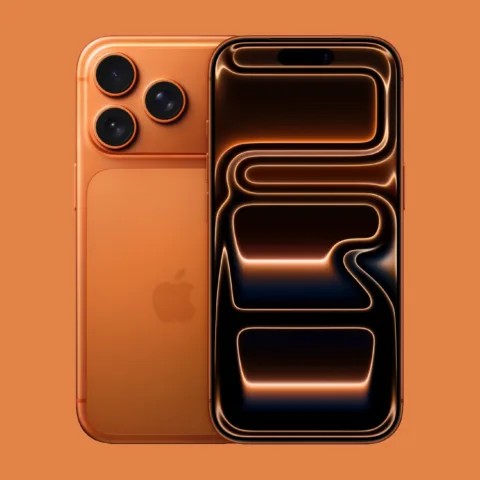
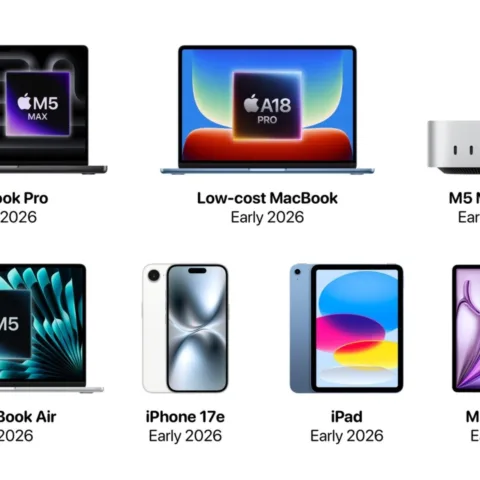

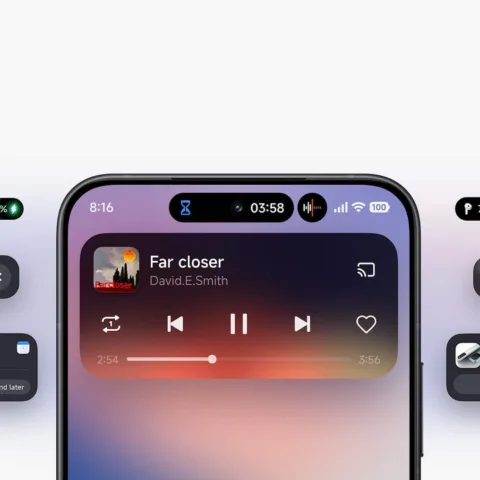
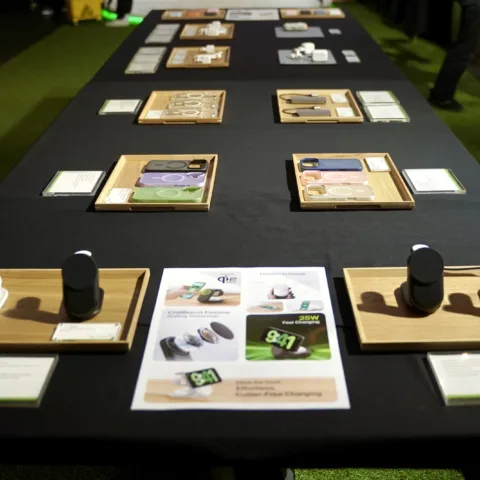
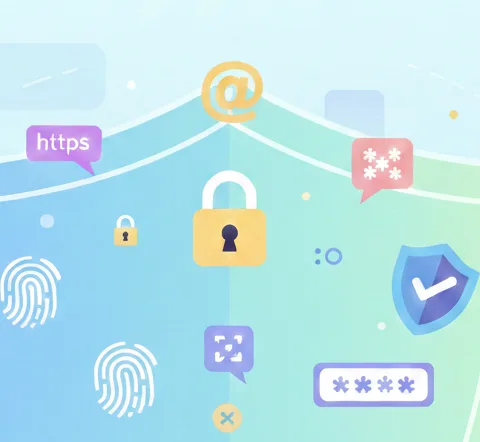


Sayang pelaku industry nya gak kompak yah..padahal barangkali lumayan kalo iTunes buka di Indonesia buat ningkatin omset digital musik yg kini lagi terpuruk
Saya sangat menyayangkan hal ini terjadi, mengingat jumlah penduduk yang ingin membeli musik secara legal melalui iTunes. Mudah2xan ini memang untuk melindungi para pelaku industri musik, bukan hanya keserakahan belaka.